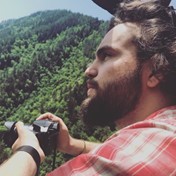
By Máté Földi
Travel Writer29 Dec 2018 - 5 Minute Read
This story was a winning entry in the 2018 World Nomads Travel Writing Scholarship.
My entry permit was ready and it was time to visit the home of the woman I loved. Her descriptions of her city were so detailed that I was confident in finding her house without the help of Google Maps. On a cold, wet winter's day, crossing the Enguri Bridge, I made my way across the border, with the blessing of the Russian military.
There was just one problem: I was alone. My girlfriend wasn't waiting for me and neither was her family. No one had been home for 25 years.
I arrived in Sukhum, the capital of a partially recognized republic, still haunted by a war that resulted in the ethnic cleansing of 250,000 Georgians. Normally, on a trip like this, I’d be running on an adrenaline high; here I was overcome with melancholy. In my girlfriend’s homeland without her, I had entered Abkhazia on her father’s birthday, and she had asked me not to send her any photos. A Russian sniper had taken his life, and with it the life she might have had; raised on stories and thoughts about what could have been, her identity had come to be defined by a forbidden home.
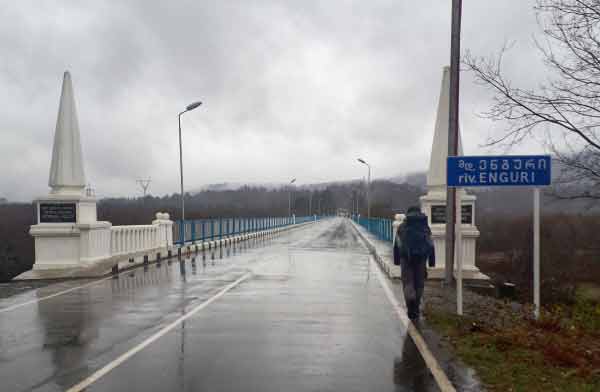
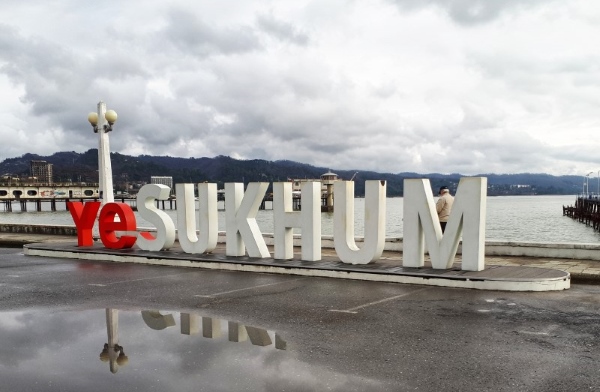
When I eventually did send her photos, her response was heartbreaking. Despite being too young to even remember the days of yesteryear, she responded with a single word: home. I’d never associated with the traditional concept of home; for me, it has always been wherever I happen to be living, not somewhere I long to return to. Yet, I was broken by my inability to bring her home and perhaps offer her some kind of closure. As a traveler, you rely on locals to guide you through foreign lands; she had to settle for a vicarious experience of her homeland through me, a foreigner who, until recently, couldn’t find it on a map.
Crossing back into Georgia-proper, I felt the anguish and longing of an entire nation was on my shoulders. I never did find her house, even Google Maps unable to help me navigate the remains of a place whose entire soul had been destroyed. I had just entered a land wet with the blood of genocide, free to return as many times as I liked, thanks to my EU passport. Meanwhile, the woman I loved, and a million others, remain unable to cross that bridge, left with dreams of what might have been, memories of their homeland slowly succumbing to time, chasing a past that year by year recedes before them.
Listen to the World Nomads Podcast: Georgia
Hear more from the author, plus learn about Georgia's polyphonic singing tradition, ancient wineries, and epic scenery.
Discover similar stories in
connection
Travel Writer
Lost in this world, at least spiritually, since leaving his native Hungary at the tender age of three, Máté is an aspiring travel writer and full-time foodie.
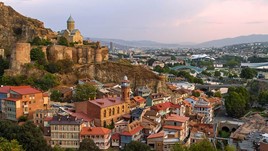

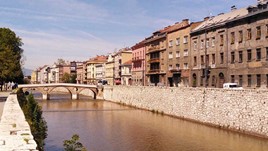
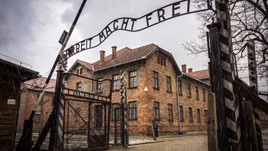
No Comments